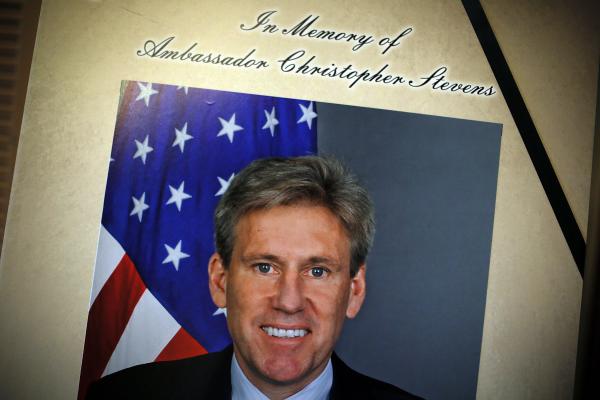Sep 20, 2012
I’ve been reflecting on the recent events in Libya involving the death of Ambassador Chris Stevens, and every time, I arrive at a different feeling about it all.
There’s the obvious tragedy of a life unnecessarily lost. By all accounts, Stevens was a humble, passionate man who had invested his life in the betterment of the infrastructure for the Libyan people. He was not, as some dignitaries or diplomats tend to be, resting on his credentials in an easy gig, waiting for retirement. He was living out what he believed in a terribly volatile corner of the world.
Read the Full Article

Already a subscriber? Login
